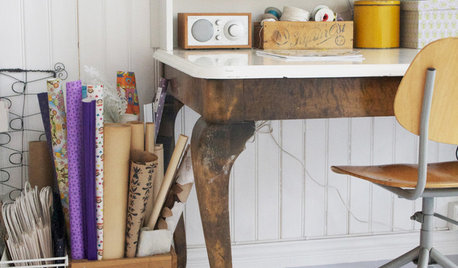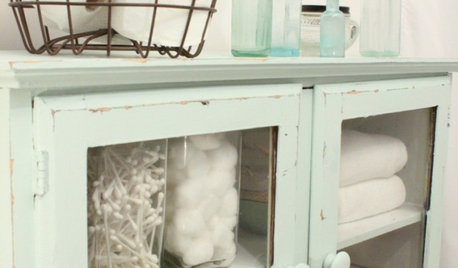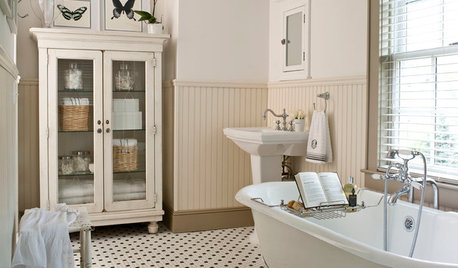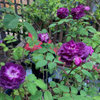Trying to go organic need help
claferg zone 9a Fl
13 years ago
Related Stories

ORGANIZINGGet the Organizing Help You Need (Finally!)
Imagine having your closet whipped into shape by someone else. That’s the power of working with a pro
Full Story
ORGANIZING4 Questions to Help You Organize Your Favorite Photos
Organize your keeper photos with a system that's just right for you, whether it's in the cloud or you can hold it in your hand
Full Story
ORGANIZINGStick to Your Resolutions: Help From a Pro Organizer
Accomplish your goals — from decluttering to rediscovering fitness — for real this time
Full Story
MORE ROOMSThe Family Home: Going Greener
Between helping with homework and trying to keep the house even minimally clean, who has time for green? You do with these simple steps
Full Story
ORGANIZINGHelpful Catch-Alls Keep Visual Clutter at Bay
What a difference it makes when you corral your stuff in pretty bowls, baskets or crates
Full Story
ORGANIZINGDo It for the Kids! A Few Routines Help a Home Run More Smoothly
Not a Naturally Organized person? These tips can help you tackle the onslaught of papers, meals, laundry — and even help you find your keys
Full Story
LIFEDecluttering — How to Get the Help You Need
Don't worry if you can't shed stuff and organize alone; help is at your disposal
Full Story
ORGANIZINGHelp for Whittling Down the Photo Pile
Consider these 6 points your personal pare-down assistant, making organizing your photo collection easier
Full Story
ORGANIZING7 Habits to Help a Tidy Closet Stay That Way
Cut the closet clutter for a lifetime — and save money too — by learning how to bring home only clothes you love and need
Full Story
MOST POPULARMust-Try Color Combo: White With Warm Off-White
Avoid going too traditional and too clean by introducing an off-white palette that brings a touch of warmth and elegance
Full Story






sherryocala
saldut
Related Professionals
Holly Springs Landscape Architects & Landscape Designers · Palm Springs Landscape Architects & Landscape Designers · Paradise Landscape Architects & Landscape Designers · Boca Raton Landscape Contractors · Chattanooga Landscape Contractors · Costa Mesa Landscape Contractors · Davis Landscape Contractors · McLean Landscape Contractors · Milton Landscape Contractors · New Cassel Landscape Contractors · Riverview Landscape Contractors · South Lake Tahoe Landscape Contractors · Wilsonville Landscape Contractors · Baltimore Siding & Exteriors · Bronx Siding & Exteriorsclaferg zone 9a FlOriginal Author
sherryocala
carolinamary
buford
saldut
brhgm
claferg zone 9a FlOriginal Author
rosefolly
kittymoonbeam
claferg zone 9a FlOriginal Author
clanross
sherryocala
rosefolly
buford
amberroses
brhgm
floridarosez9 Morgan